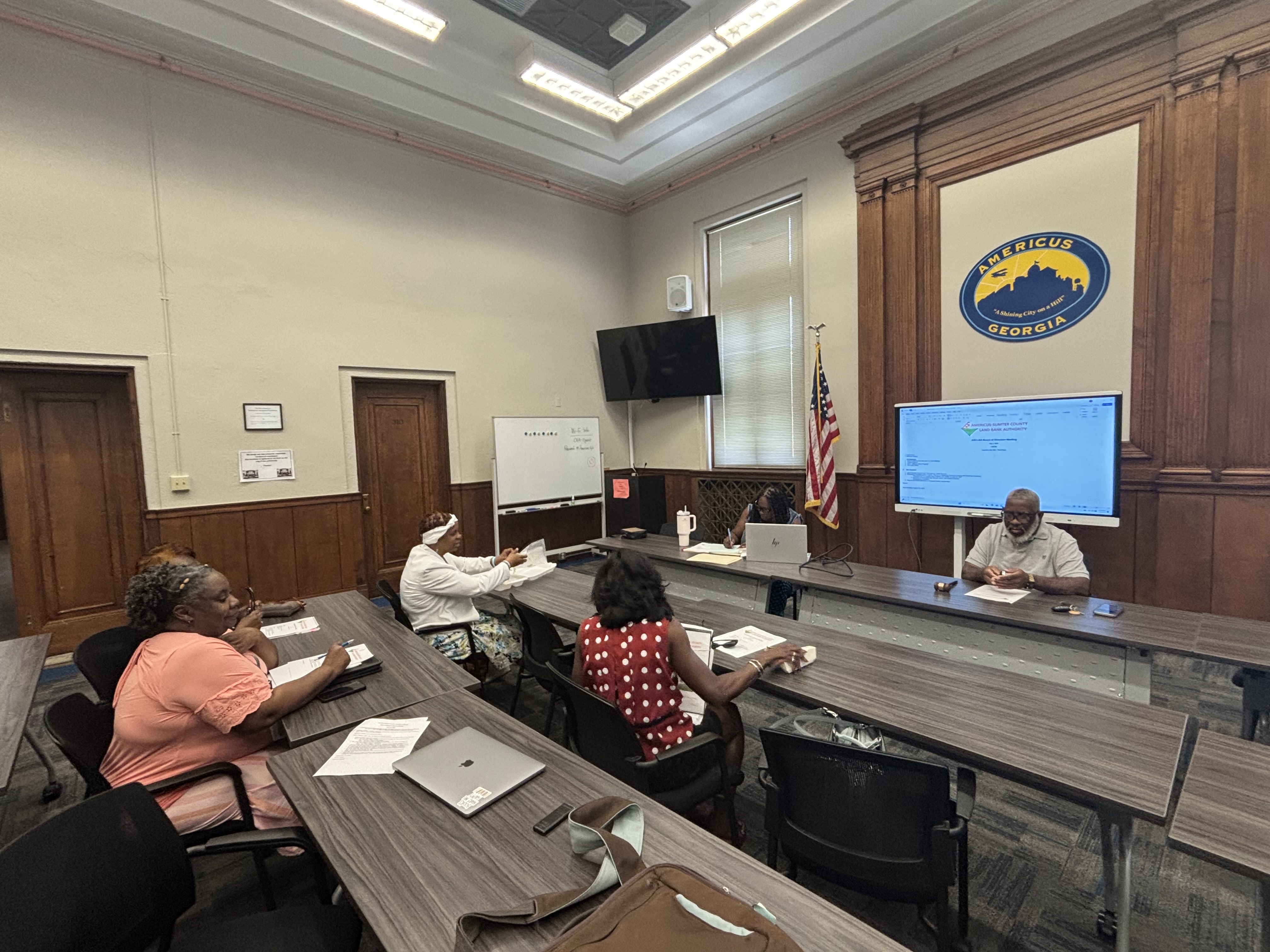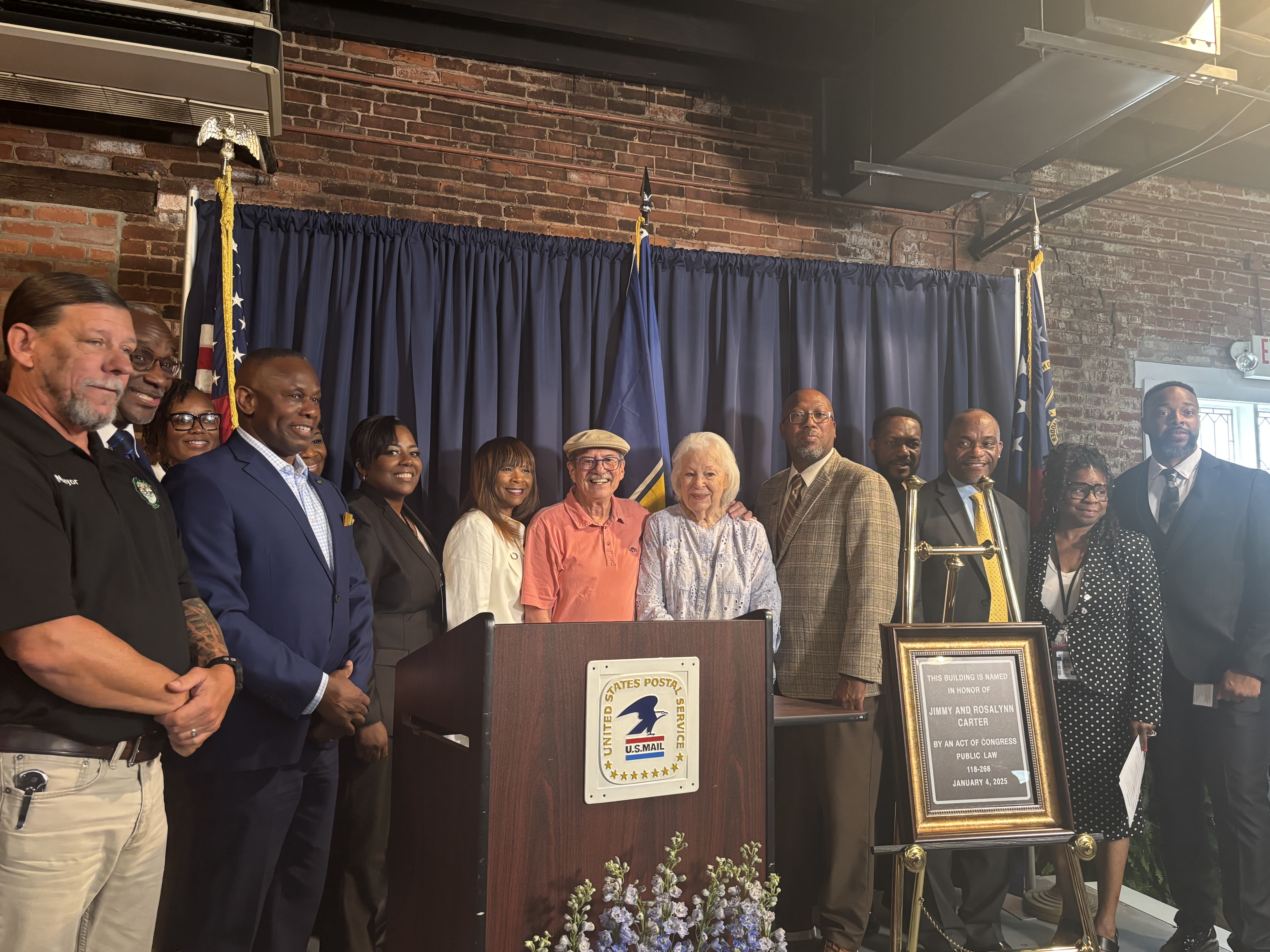R. Carter Fellowships for Mental Health Journalism Program expands to Qatar
Published 2:00 pm Friday, July 1, 2016
ATLANTA — The Carter Center Mental Health Program has partnered with the Qatar Foundation’s World Innovation Summit for Health (WISH) global healthcare community initiative to develop and implement a Rosalynn Carter Fellowships for Mental Health Journalism (RCJF) program in Qatar. The RCJF Qatar program will be the second mental health fellowship program for journalists in the Middle East. The first one began in the United Arab Emirates (UAE) in May 2016.
The announcement of this mental health program was made earlier this week at WISH headquarters in Doha, Qatar.
Over nearly two decades, the Center has awarded one-year fellowships to 165 journalists to connect them with resources and experts to enhance their ability to cover mental health issues around the world. The program is currently in the United States, Colombia, and the UAE and was previously in New Zealand, South Africa, and Romania.
“We are proud to give journalists in Qatar the opportunity to benefit from the training and access to experts provided by the Rosalynn Carter Journalist Fellowship Program,” said Jason Carter, chairman of the Carter Center’s board of trustees. “This important partnership with WISH will give qualified journalists tools and best practices to increase the quality and quantity on reporting on mental health issues and ultimately reduce the stigma and discrimination against those with mental illnesses in Qatar.”
The Carter Center will provide trainings, educational materials, mentorship, evaluation tools, and technical expertise to develop a sustainable and tailored program in Qatar.
WISH will manage the program in that country and will be responsible for the selection of journalists, facilitating media trainings, and adapting the program to meet the needs of the local journalists.
Egbert Schillings, chief executive officer for WISH, said, “Under the guidance of Her Highness Sheikha Moza bint Nasser, Qatar became one of the first nations in the region to create a national mental health strategy. Evidence-based research shows that shame and fear of stigmatization of mental health issues in Qatar often deter individuals and their families from seeking treatment and support. Because the media is a key vehicle to combat negative views of mental illnesses, we are delighted to be working with The Carter Center to help our local journalists report sensitively and accurately on mental health issues and share available services and resources.”
Since the Rosalynn Carter Fellowships for Mental Health Journalism were established in 1996, fellows have produced more than 1,500 stories, documentaries, books, and other works during and after their fellowship year. Their projects have garnered Emmy Awards, nominations for the Pulitzer Prize, and other awards.






